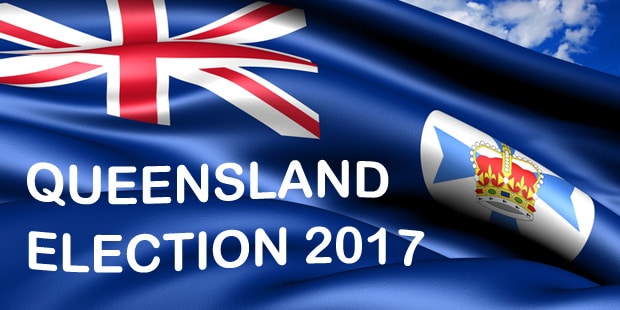The Clean Energy Council (CEC) is praising the Palaszczuk Labor Government’s clean energy policy ahead of the Queensland election on November 25.
CEC Chief Executive Kane Thornton said the renewable energy and storage industry had invested strongly in Queensland over the last few years. He also acknowledged the Palaszczuk Government’s latest election pledge to fund new renewable energy and energy storage batteries.
In addition, Mr Thornton said the government will further build on its strong record of encouraging clean energy jobs and investment.
“Queensland has led the nation in rooftop solar panels for years,” he said. “And the many big wind and solar projects which are underway across the state are employing thousands of locals and generating economic opportunities in regional parts of the state.”
Queensland clean energy policy sets shining example on solar
The Palaszczuk Government has pledged to reach 50 per cent renewable energy by 2030.

The government’s latest election pledges include $50 million for a solar thermal power plant. There is also a near-$100 million fund for solar panels in schools to help reach the 2030 goal. The government will also investigate the feasibility of a battery mega-factory in North Queensland.
“Renewable energy is now the cheapest and cleanest option for new energy generation,” Mr Thornton said.
“When combined with energy storage, it can do everything fossil fuels can – except much more flexibly and without the pollution.”
LNP’s support of coal ‘makes no sense’
Mr Thornton also welcomed the Liberal National Party’s renewable energy election commitments to date. However, he said building a new coal plant in North Queensland simply did not make sense.
Renewable energy with storage is now cheaper than new coal, he emphasised. “The reality is that any new coal plant will take at least seven years to be built if everything goes smoothly,” Mr Thornton said.
“However, there are some good ideas in the LNP’s energy policy to streamline approvals for renewable energy projects and introduce more efficient regulation.”
Mr Thornton said more renewable energy, smarter use of energy, including battery storage, and better demand response are all factors that would help Queensland truly become the Sunshine State.













































